Are you ready for the EU MDR?
Deadlines for the EU Medical Device Regulation directive are approaching. Are your IFUs compliant with the new requirements?
EU MDR IFU GUIDE
The European Union’s Medical Device Regulation will affect your medical products and their Instructions for Use (IFUs).
In 2008, an effort began to overhaul Europe’s now-defunct Medical Device Directive (MDD). Driving the initiative was a need for a more robust regulatory CE (Conformité Européenne) regulatory system and uniform safety requirements for consumers after a series of high-profile medical device incidents. To address these concerns and restore trust in the EU's medical device oversight, the Medical Device Regulation (MDR 2017/745) was introduced in 2017.
The EU MDR replaces the previous AIMDD (Active Implantable Medical Device Directive) and MDD. The MDR has been fully applicable since May 26, 2021 following the transition period.
Ensure you have all the information necessary to conduct a current-state analysis and pinpoint the areas that need to be addressed according to new regulatory requirements in the EU MDR directive.
Key Takeaways:
-
Learn how IFUs and patient manuals will be affected by the EU MDR.
-
Understand the implications of MDR on CE marked products.
-
Identify the language gaps for distributing products in the European Union.
Download the Guide & More Resources Below
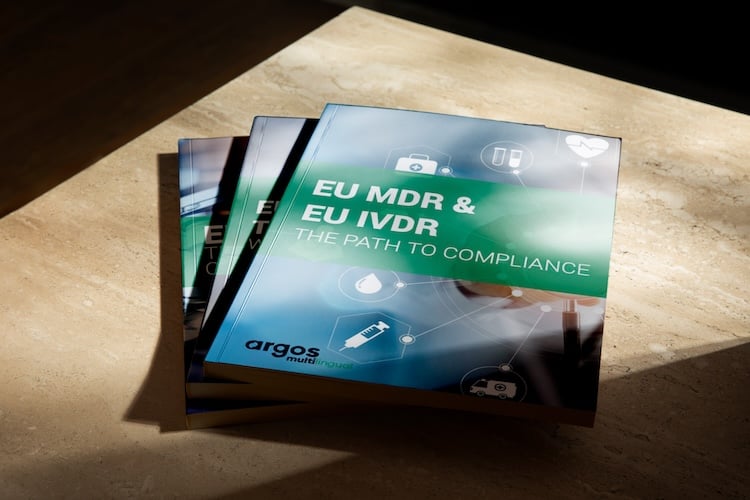
EU MDR TIMELINE
There are several important dates to remember to comply with the regulation, as outlined in this timeline.
2021-2028
May 26, 2021
All devices, except those covered by the extended transition period, must comply with the MDR (e.g. class I, new devices, devices with a significant change)
May 26, 2024
End of the transition period for legacy devices that do not meet the conditions for the application of the new transition periods
May 26, 2024
May 26, 2024
Deadline to lodge an application for MDR conformity assessment and have an MDR QMS in place
May 26, 2024
Mid 2024
Currently, the use of EUDAMED is not required, but some modules are available and can be used voluntarily. However, mandatory use will begin 6 months after the entire EUDAMED system has been declared fully functional following an independent audit, and the publication of a Commission notice in the Official Journal of the European Union.
Mid 2024
May 26, 2026
End of derogation for class III custom-made implantable devices
Sept 26, 2026
Deadline to sign a written agreement with an NB and transfer appropriate surveillance to an MDR NB (when applicable)
Dec 31, 2027
End of the transition period for class III and class IIb implantable devices (if not excepted, e.g. sutures)
Dec 31, 2027
Dec 31, 2028 1st
End of the transition period for other class IIb, IIa, class I sterile/measuring devices, and devices requiring notified body involvement for the first time under MDR
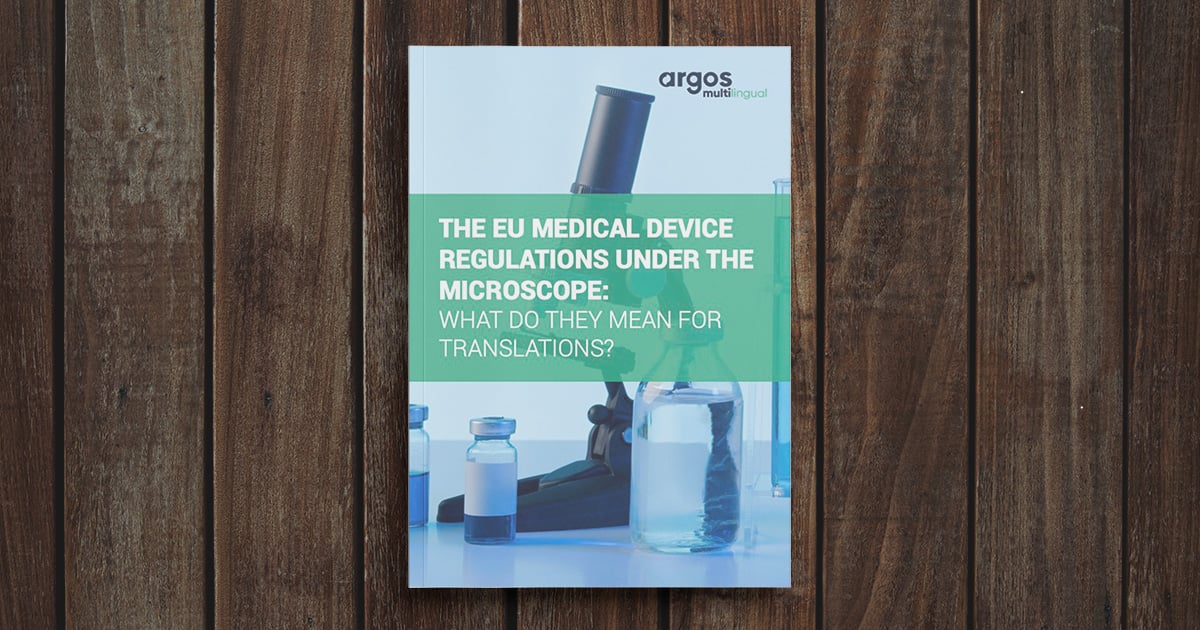
EU MDR TRANSLATIONS
What You Need to Know
The new European Union regulations on medical devices (MDR) will require close partnership with localization suppliers to ensure conformance in your translations.
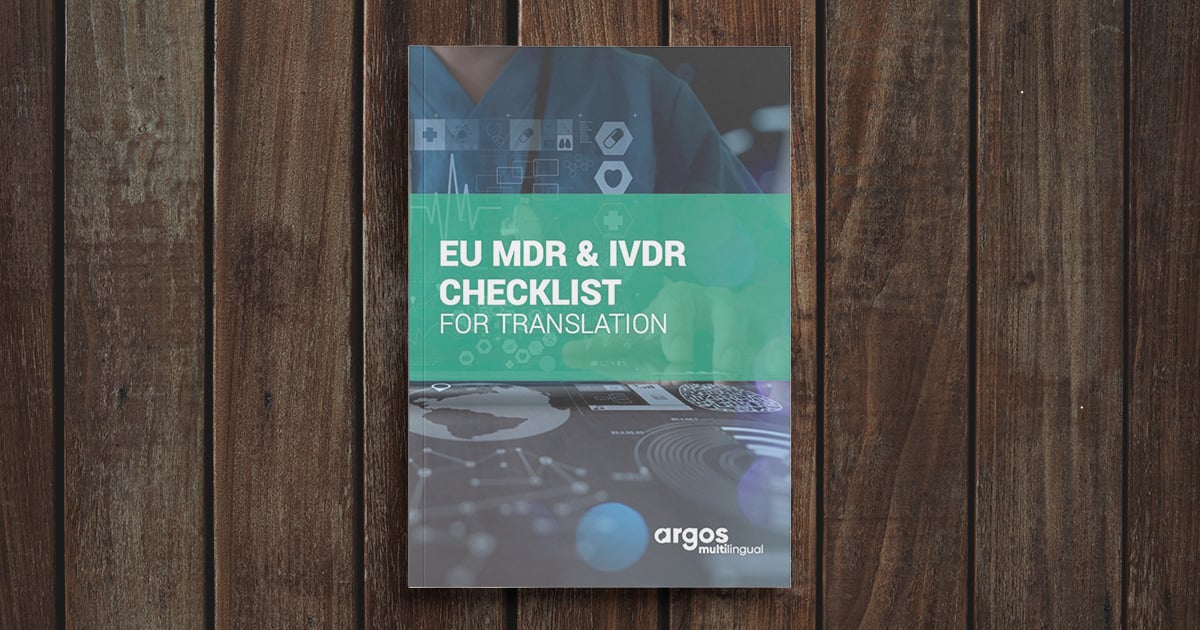
EU MDR & IVDR
Checklist
With all the things your company is doing to get ready for MDR and IVDR, it’s easy for translation-related items to fall through the cracks. Give yourself additional peace of mind by making sure you’ve checked every box!
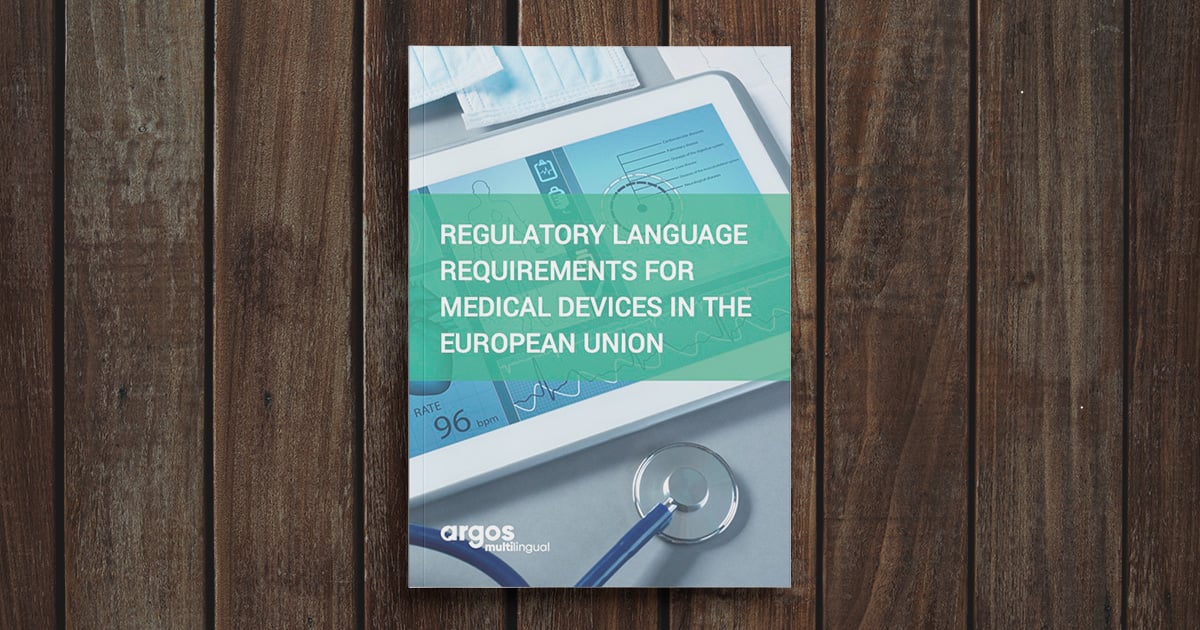
EU MDR
Regulatory Language Requirements
European markets require medical device manufacturers to translate and localize product information to meet regulatory language requirements and the demands of individual Member States.

EU MDR
Under the Microscope
The new European Union regulations on medical devices (MDR) will require close partnership with localization suppliers to ensure conformance in your translations.
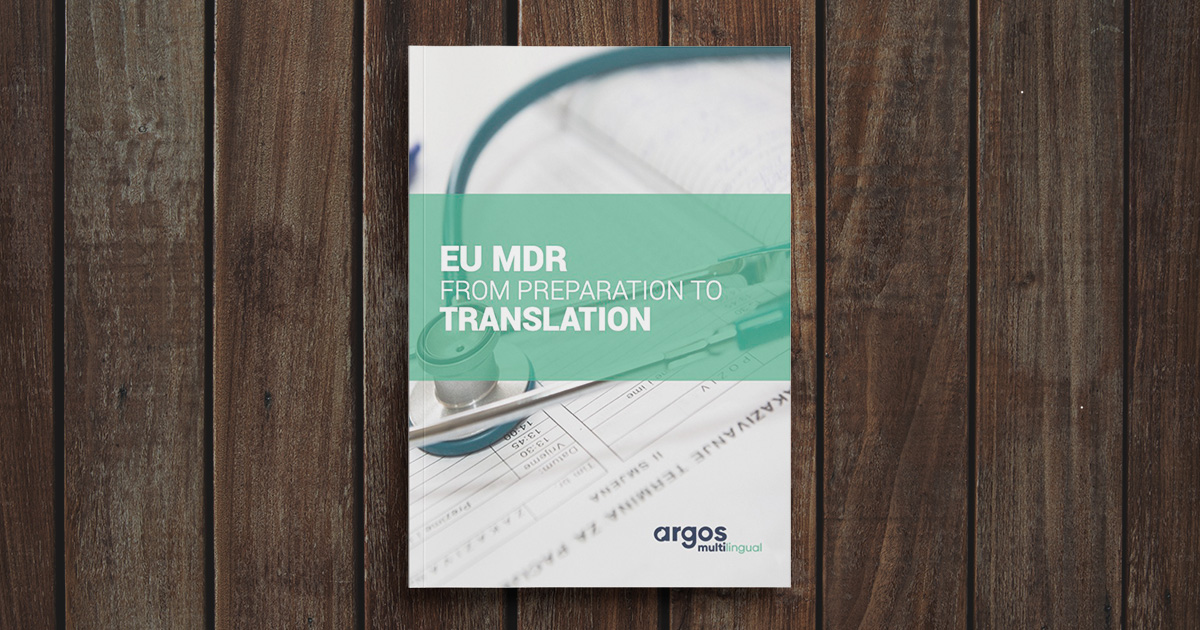
EU MDR
From Preparation to Translation
Partnering with the right language service provider is critical to get things right with your languages. Under the requirement of the EU MDR, translations must be accurate, consistent, and technically correct.
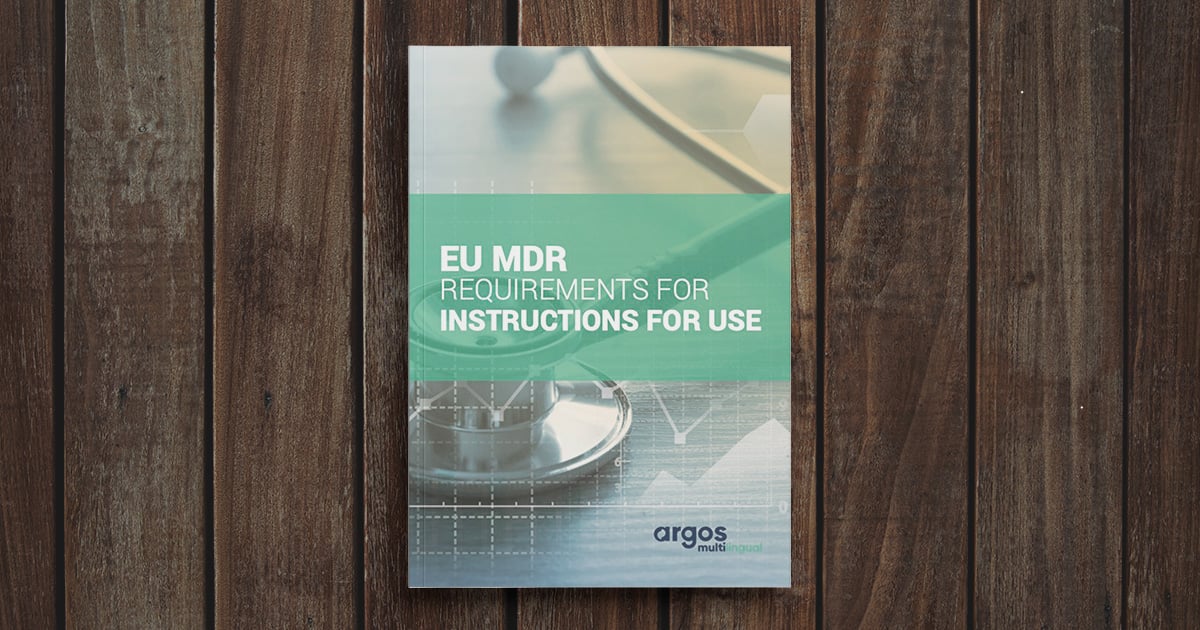
EU MDR
Instructions for Use Guide
The European Union’s Medical Device Regulation will affect your medical products and their Instructions for Use (IFUs). Ensure you have all the information necessary to conduct a current-state analysis
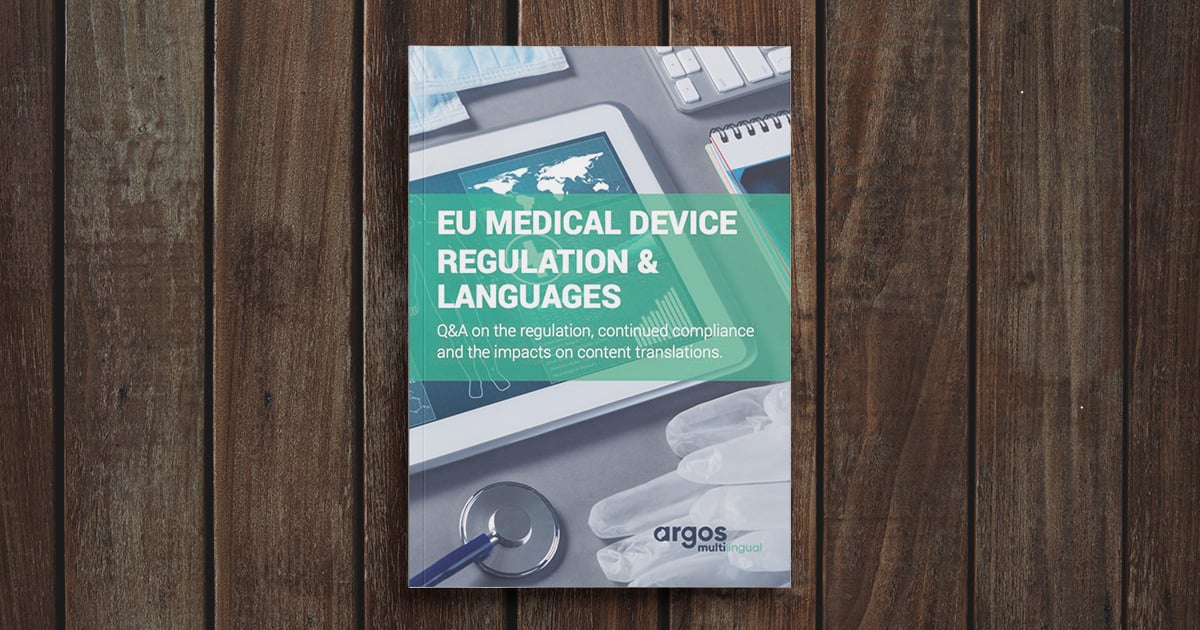
EU MDR
EU Medical Device Regulations & Languages
Q&A on the regulation, continued compliance and the impacts on content translations. Find the answers for questions we frequently asked by life sciences companies.
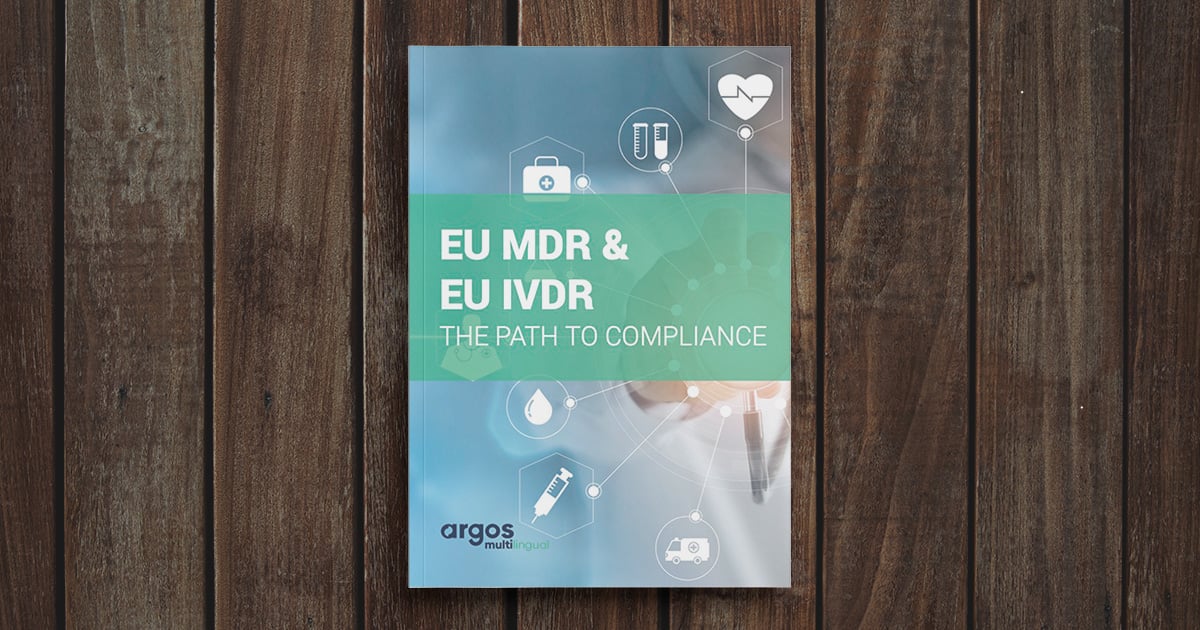
EU MDR & EU IVDR
The Path to Compliance
LSPs are seeing an increase in the amount of requests for information on the steps required to obtain a CE marking for medical devices intended for sale in the EU. While there are variables involved depending on the specific type of device, there are similar core steps to be taken toward a CE marking.

Life Sciences
The Pillars of Centralization
In a world of increasing compliance demands, a centralized content strategy is vital for accelerating time to market while increasing quality and cost savings. Learn core concepts and practical steps to create greater content accuracy, consistency and compliance in medical device documentation.
Streamline Your Path to EU MDR Compliance
Explore expertly crafted blogs and translation services designed to help medical device manufacturers achieve and maintain compliance with the EU MDR.
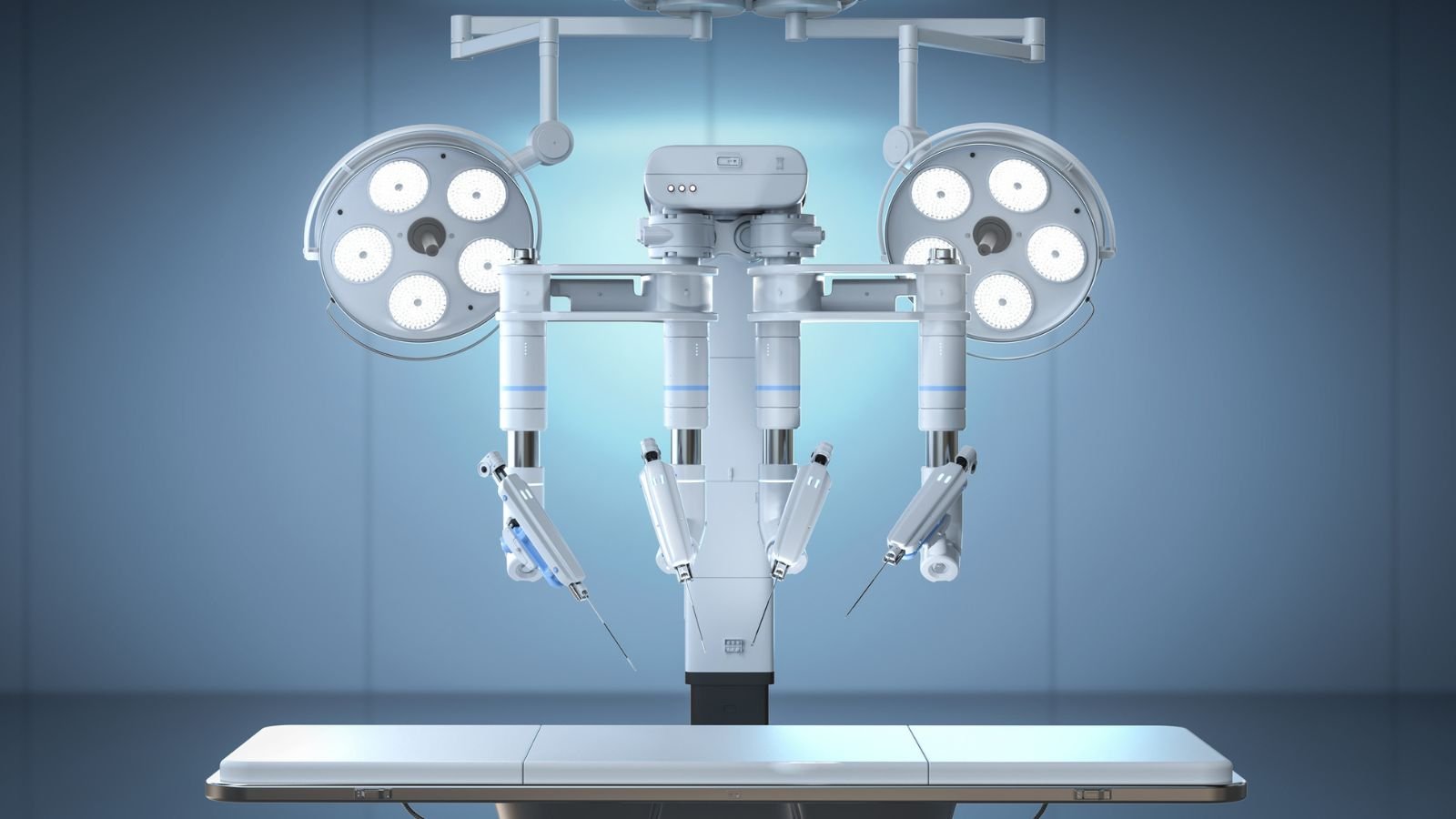
Use This Time Wisely: Seven Proactive Steps to take now for EU MDR and IVDR Compliance
Read more...
Understanding the EU MDR and post-Brexit Regulatory Changes
Read more...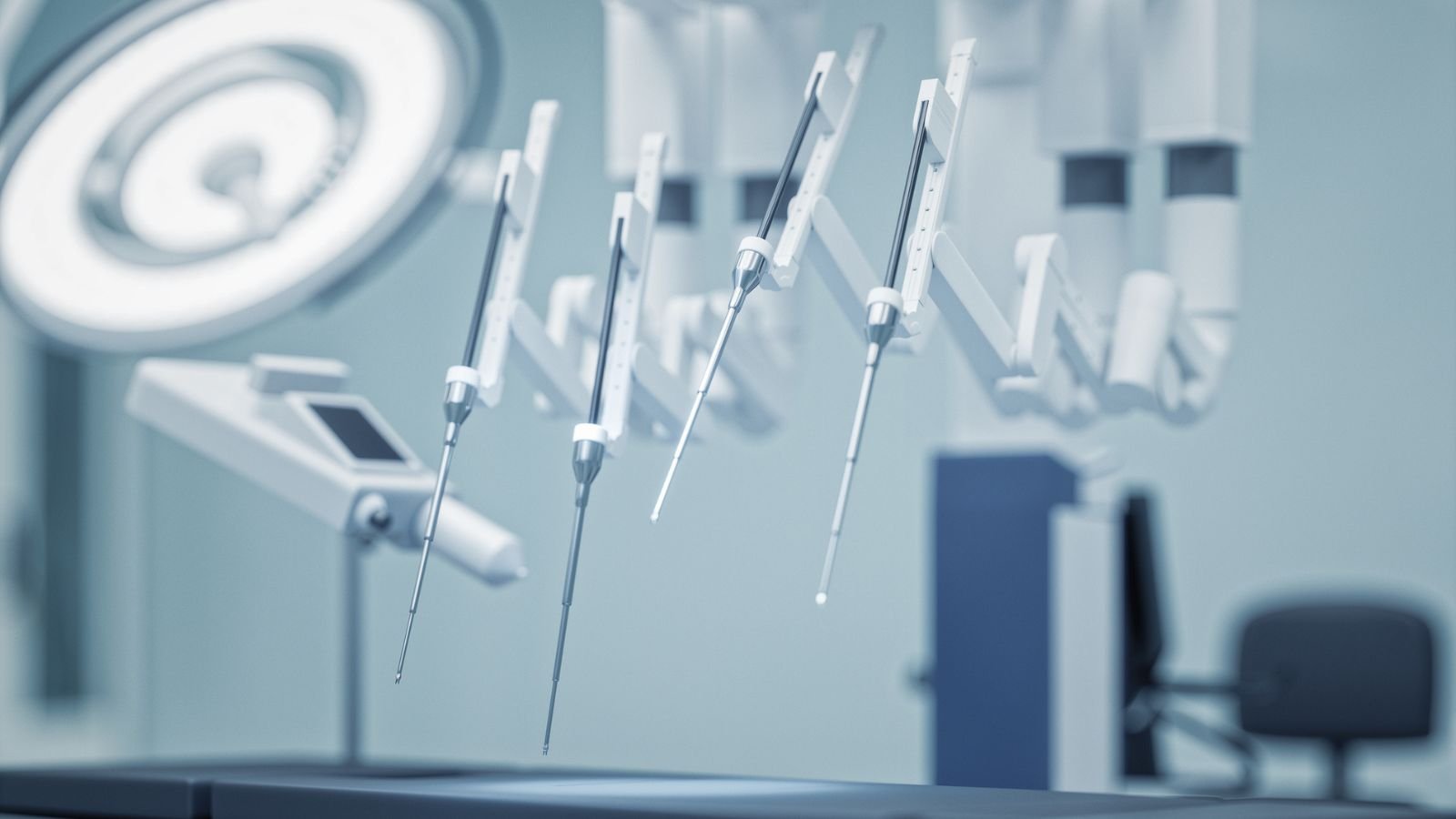
Working Effectively with Notified Bodies
Read more...
6 Ways a Centralized Translation Model Can Support Your MDR and IVDR Compliance
Read more...
Understanding EUDAMED: Its Role in EU Medical Device Regulation
Read more...
What Is the European Free Trade Association (EFTA) and How Does It Affect MDR + IVDR?
Read more...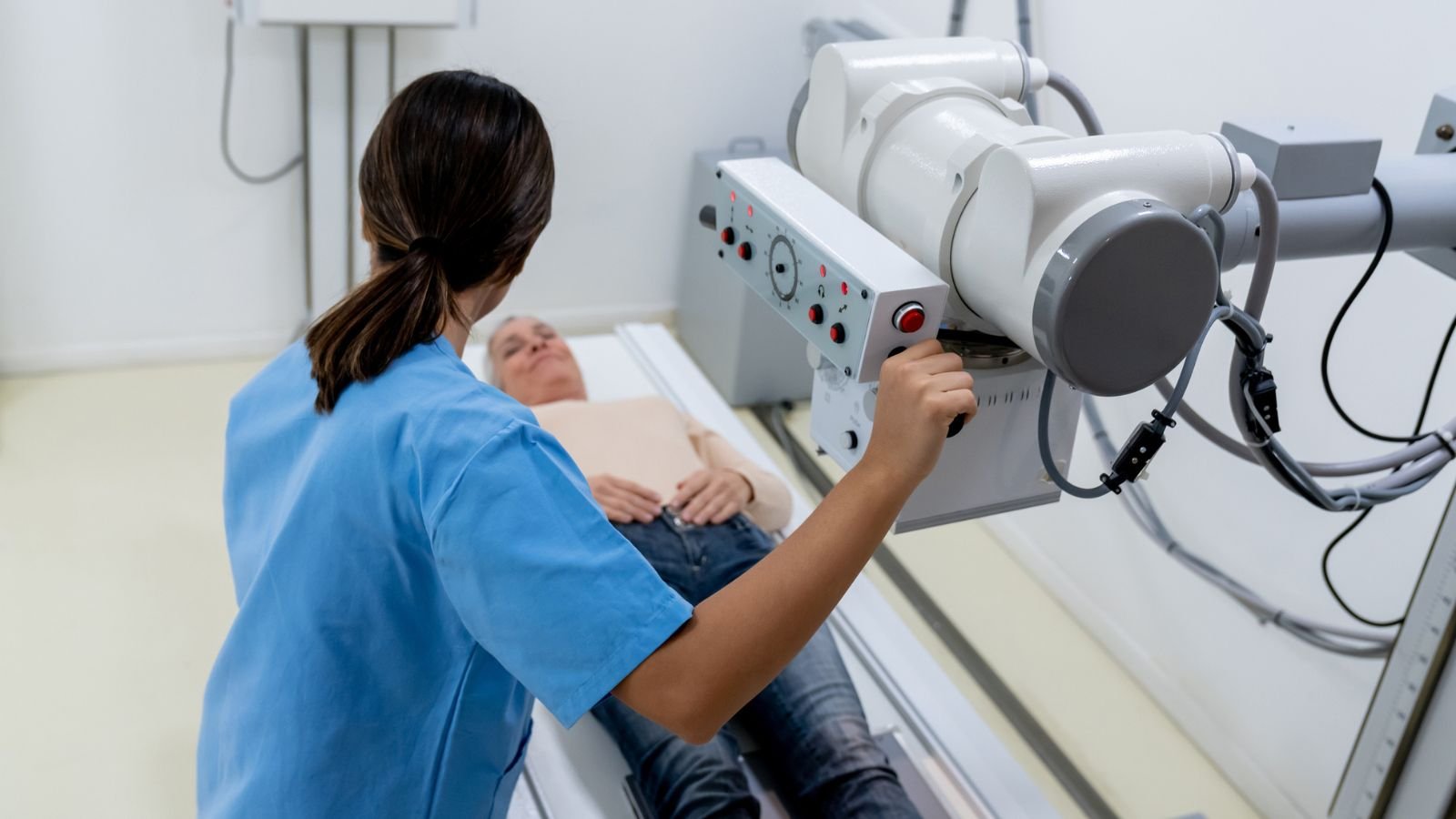
How have the EU MDR and IVDR Changed Clinical Investigations?
Read more...
Why is Localization Essential for Regulatory Compliance?
Read more...
How Multilingual Life Sciences Marketing Unlocks Global Markets
Read more...FAQS
What is the purpose of the Medical Device Regulation (MDR)?
The existing regulatory framework has been in place for nearly 30 years. Since it has been amended on an ad hoc basis during this time, there has been increasing pressure to modernize it to better address risk management and guarantee the continued safety of medical devices sold in the European Union.
As a result, the European Commission presented two legislative proposals in September 2012. Following 5 years of consultation and negotiation, a new set of regulations was established to govern manufacturers, distributors, notified bodies, importers, suppliers, and member states in regard to medical devices.
When will EUDAMED go live?
Currently, the use of EUDAMED is not required, but some modules are available and can be used voluntarily. However, mandatory use will begin 6 months after the entire EUDAMED system has been declared fully functional following an independent audit, and the publication of a Commission notice in the Official Journal of the European Union (OJEU).
It is currently anticipated EUDAMED will be published in the OJEU in mid-2024, with a transition period to follow.
What are the important changes in the Medical Device Regulation (EU MDR)?
- The introduction and launch of EUDAMED, a comprehensive database for all medical devices sold within European markets.
- Inclusion of non-medical and cosmetic devices previously not considered as medical devices.
- Both medical purpose devices and active implantable medical devices (AIMD) are now encompassed under MDR.
- Devices will now feature Unique Device Identifiers (UDIs) on their labels to enhance traceability.
Do I need to recertify my CE-certified medical device?
All existing CE-marked products will need to be recertified against MDR to retain the CE mark and continue to sell products in the EU.
How does the EU MDR differentiate between devices used by patients and professionals?
The EU MDR does not distinguish between lay use and professional use in terms of requirements for device design, manufacturing, risk, or safety.
What are the documentation translation requirements for EU MDR?
Depending on target markets and distribution strategies, some products may require translation into as many as 24 languages. In addition, more than 20 information pieces may be required for each product label or IFU, depending on the device classification.
Will we need to work with a Certified Language Service Provider?
Collaborating with a certified translation and localization provider, especially one with expertise in medical language services and ISO registration, is crucial to navigate the complex international regulatory landscape. Choosing the right translation provider ensures accuracy, consistency, and technical correctness of translations.